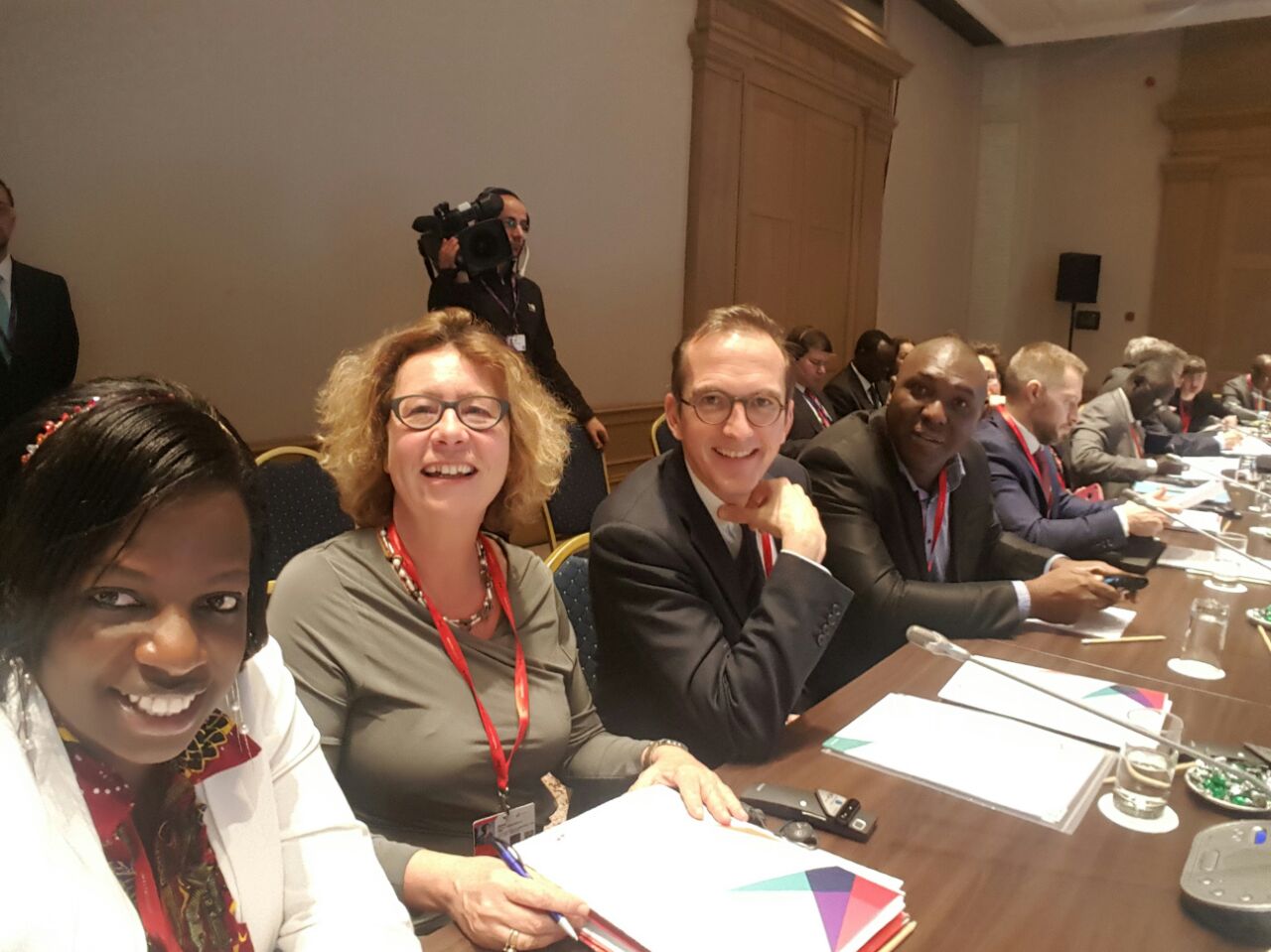
Valletta, 9 February 2017 - Fifteen months after the launch of the Joint Valletta Action Plan, European and African civil society organizations attended the Senior Officials Meeting that took place on 8-9 February in Malta.
This invitation demonstrated awareness by all African and European delegations about the necessity to have an inclusive process in order to seek dignified and realistic solutions for the victims of irregular migration. What is needed now is to initiate a true working relationship where the hardships endured by migrants are channeled through civil society organizations and taken into account in policy discussions.
The recent decision by Heads of States and Governments of the European Union Member States, who gathered in Malta a few days back to take measures to prevent migrants from leaving Libyan shores for the perilous journey across the Mediterranean Sea, may have been portrayed as a necessity to save lives. In reality, it was meant to shut the main door toward the Central Mediterranean route. As a result, vulnerable individuals and families reaching Libyan shores will not go back: they will probably seek for more hazardous alternative routes. Meanwhile, all these people will be trapped in Libya where they are subjected to extortion and detention.
Discussions focused on the root causes of migration, how to stem the flow of migrants, return, readmission and reintegration. Some participants highlighted the need to promote safe and legal migration (beyond the visas issued through the Erasmus+ program). Some officials highlighted the need to promote the rights of migrants and returnees.
Civil society organizations have a duty to promote measures and policies that are respectful of the rights of migrants and refugees. To do so, some have been involved in that process and since November 2015 have pushed for a voice. Having a seat at the Senior Officials Meeting is a step in the right direction, although it has not yet translated into concrete action. The sense of urgency is real, though, considering that lives are being lost every day. As well, while civil society has a duty to try to influence these crucial policies, they cannot simply be present to rubber stamp policies while disregarding the fundamental needs of the victims of this process.
Rapid progress needs to be seen on the ground, now. In early 2018, in Addis Ababa (Ethiopia), the follow-up discussions will be a reality check on how real the commitments of EU and African leaders are to consider migration more as an opportunity and less as a threat.
In his closing address, Commissioner Mimica reminded participants about the profoundly human and positive nature of migration.
Photo: Tabitha Kentaro. From the left: Tabitha Kentaro (All Africa Conference of Churches), Petra Hueck (ICMC Europe), Edouard Rodier (Norwegian Refugee Council), Samir Abi (West African Migration Observatory).
The views and statements presented by the four civil society organizations at the Senior Officials Meeting are based on the outcomes of a survey conducted among over 50 African and European civil society organizations working in the target countries of the Valletta Action Plan. Moreover, the outcomes and recommendations gathered at a one-day consultation in Brussels with civil society, representatives of EU and AU institutions and selected Member States, further underpinned their demands.